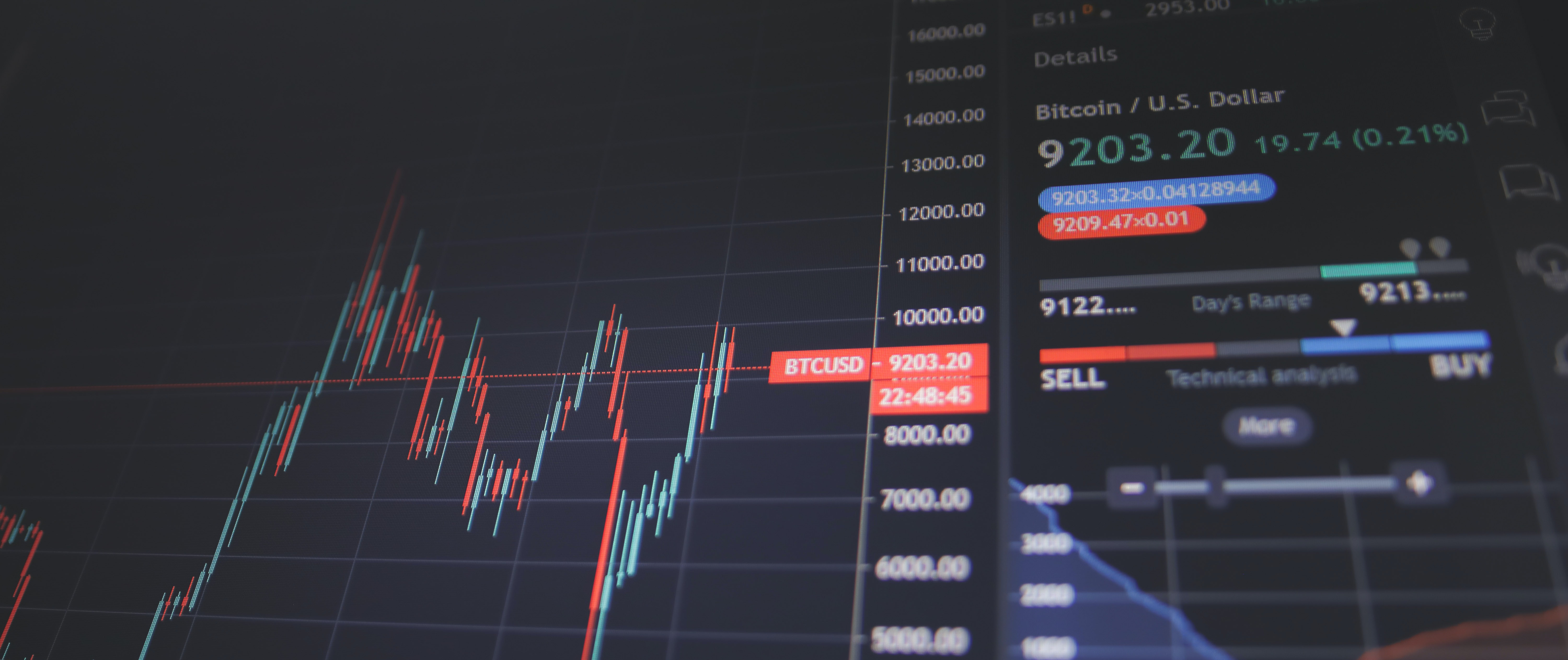An interview with Sterling Smith
Sterling Smith, AgriSompo North America’s Director of Ag Research, has more than 30 years of experience in agricultural marketing and data development. He offers expertise on everything from agricultural market conditions and trading strategies to the weather, and has a keen understanding of the geopolitical and global macro forces propelling today’s markets.
A frequent contributor to CNBC, Bloomberg Television, the Wall Street Journal, Reuters, and the Red River Farm Network, Sterling currently produces the ASNA Edge Weekly Wrap-Up and Daily Edge emails for AgriSompo North America.

If you could describe the commodity markets in 2022 using only one word, what would that word be? Please explain your choice.
Surprising.
The strong Dollar normally weighs on grain prices and corn and soybeans proved to be quite durable. Gold, normally viewed as a strong performer during inflation, fell flat on its face. The ideas that natural gas would be greatly elevated are fading very quickly. Early in the year, as crude and wheat were soaring, there was talk that they would move much higher, and these ideas occurred right at the market peaks.
How much importance would you place on the war in Ukraine in relation to how commodities fared in 2022?
The wheat market has clearly adjusted to the grain situation coming from Ukraine. At this point peace coming to Ukraine would reduce global risk and could prove beneficial to some areas of the global economy.
Did any major weather events drive prices in 2022? Which ones had the biggest impact?
The drought in the US and general dryness in Brazil were very supportive to grain prices. Excessive heat was also supportive to natural gas prices, which has knock-on effects for agriculture.
Was COVID-19 still weighing on commodities in 2022? How do you see that changing (or not changing) as we move into 2023?
Globally, the effects of COVID have been greatly alleviated; however, China, the world’s largest consumer of commodities, is still suffering and seeing lockdowns. A change for the better in the status of China would be supportive to most every commodity.
How concerned are you about inflation? Do you feel it will improve or worsen in 2023?
The inflation story is moving to yesterday’s news. The month-over-month current readings are back to pre-pandemic levels, and we have seen negative month-over-month prints in the eurozone. It is entirely possible that we could see negative goods inflation by the middle of 2023. As long as energy prices stay under control, the lack of inflation could be a big news story for 2023.
Do you believe we’re headed for a recession? Are we already in one?
Data from the St. Louis Federal Reserve Bank indicates that several states are in a technical recession. I prefer the term “relocession,” meaning there are dynamic factors that are permanently changing the American economy. As long as the unemployment picture remains stout, a full technical recession is avoidable. There will be winners and losers as the economy works through the dislocations caused by the pandemic.
What were you most surprised by (related to commodity markets) in 2022?
I was surprised that gold was seen by some as a popular (but wrong) hedge against inflation. Even during the highest inflation prints, gold moved lower. Gold is really a non-fiat and now, to a degree, anti-crypto item. Gold actually doesn’t perform well during crises --it peaked right at the start of the Ukrainian war. With weaker fiats and continued problems for crypto, gold could see a better 2023.
What do you feel is the biggest worry for farmers heading into 2023?
This crop is going to be very expensive to plant. As weather in South America improves for the crop currently growing, this represents a material risk for prices. If China can fully reopen, it will help offset some of those risks. I am big believer in budgets and the budgeting process (I would make a lousy congressman) and this year watching the budget and controlling costs will be, along with managing risks, exceptionally important.
To learn more about Sterling Smith and ASNA Edge, click here.

